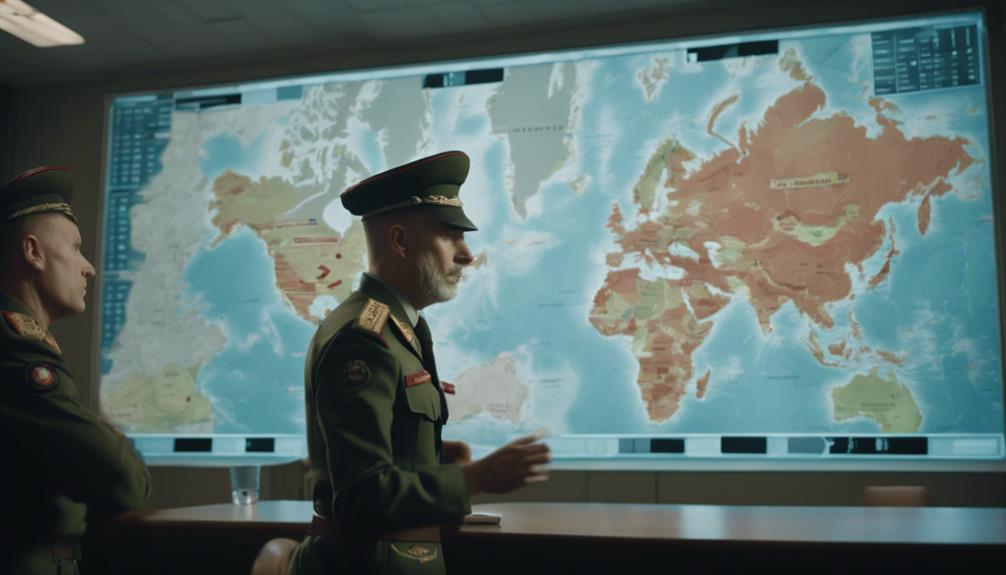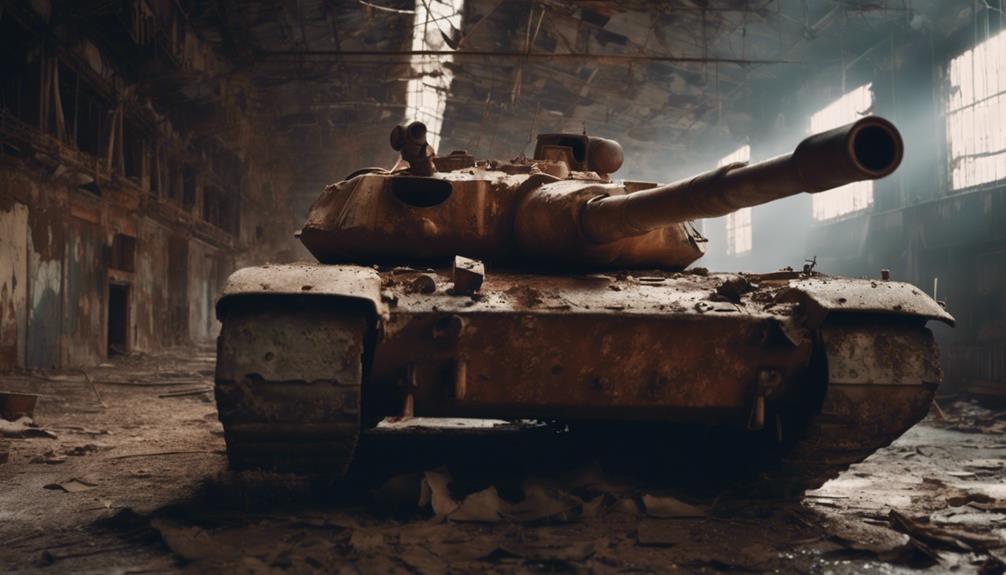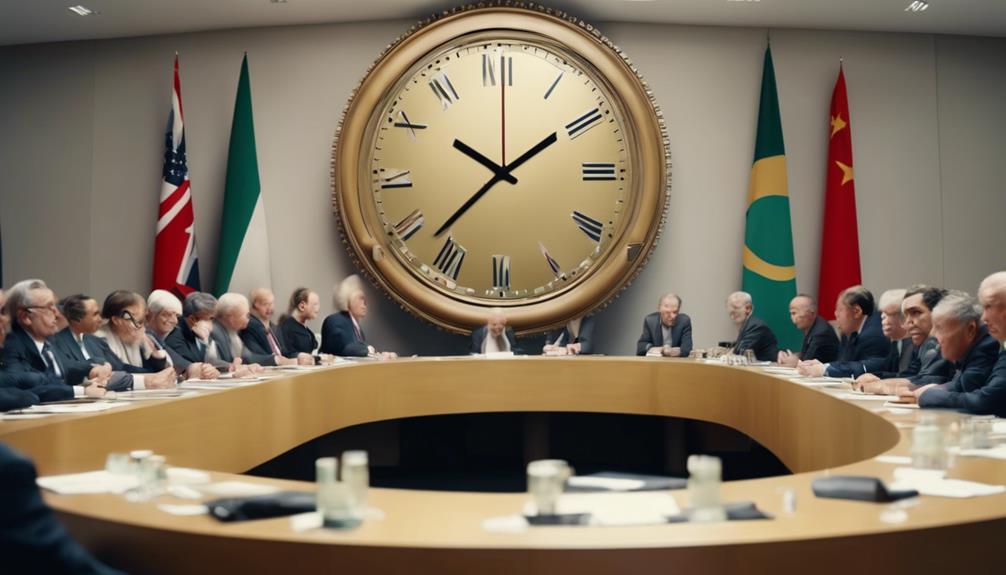
The noticeable lag in the Russian military's response to recent escalations on its border with Ukraine has sparked a flurry of analytical scrutiny from both regional experts and international observers. This delay, evident in the sluggish mobilization of forces and resources to critical areas, raises poignant questions about Russia's readiness and strategic communication within its armed services. As global tensions simmer, the implications of these hesitations could extend far beyond immediate border skirmishes, potentially affecting the broader geopolitical stability. The situation invites a closer look at the underpinnings of Russia's military strategy and operational execution, which seem to be at a crossroads.
Russian Military Preparedness

The recent slow response of Russian forces to a Ukrainian incursion highlights significant gaps in their military preparedness and quick-reaction capabilities. This scenario serves as a stark reminder of the collective need for a well-coordinated and responsive defense mechanism, which is crucial for ensuring the security and integrity of the nation.
Moreover, the observed hesitation to deploy heavy artillery in regions like Kursk suggests possible limitations in ammunition supplies, raising concerns about overall resource availability. As members of a global community, understanding these vulnerabilities not only fosters a sense of collective security but also emphasizes the importance of solidarity in addressing and rectifying such deficiencies to uphold peace and stability in the region.
Ukrainian Offensive Tactics
In a bold maneuver, Ukrainian forces crossed the lightly defended border northeast of Kyiv, seizing villages and capturing Russian troops unawares. This strategic initiative, backed by significant Pentagon aid, showcases Ukraine's resolve and tactical acumen.
The operation was meticulously planned without prior notification to international allies, emphasizing Ukraine's autonomous decision-making in its defense strategies. The primary objective included capturing Russian soldiers for potential prisoner exchanges, a move that underscores the tactical prowess and foresight of Ukrainian military leadership.
This development not only fortifies the morale of Ukrainian forces but also strengthens the sense of unity and resilience among its people and supporters worldwide, reaffirming their collective commitment to national sovereignty and defense.
Russian Response Strategy

Following the Ukrainian offensive, Russian President Vladimir Putin attributed the breach to the influence of Western allies, accusing them of employing Ukrainians as proxy combatants. This narrative, crafted to rally domestic support, emphasizes a shared external threat, reinforcing national unity.
The Kremlin's response strategy, however, exhibited a slower, more calculated approach than expected. Instead of an immediate large-scale military reaction, Russia has relied more on localized artillery engagements. This method suggests a strategic choice possibly intended to avoid further escalation while assessing the full scope of Ukrainian intentions and capabilities.
Such measures also reflect an underlying caution, possibly due to concerns about ammunition supplies and the readiness of quick-reaction forces.
Impact on Russian Towns
Reluctance to deploy heavy artillery in urban areas like Kursk reflects Russian concerns about collateral damage and the potential impact on civilian populations. This caution underscores a broader dilemma the military faces—balancing effective defense tactics with the preservation of its own towns and communities.
The approach fosters a sense of unity and protection among residents, reinforcing the notion that every effort is being made to safeguard their homes and lives from the ravages of conflict. However, this also poses strategic limitations, potentially hindering the military's ability to swiftly counteract incursions.
The situation places a spotlight on the intricate balance between military necessity and the maintenance of public trust and safety within Russia.
International Reactions and Diplomacy

Global reactions to the recent Ukrainian offensive and the Russian military's response have varied widely, highlighting concerns over possible escalation and the need for diplomatic engagement.
As the world watches nervously, international calls for restraint and dialogue have intensified.
U.S. Defense Secretary Lloyd Austin's communication with his Ukrainian counterpart underscores a collective effort to manage the situation responsibly and avoid a broader conflict. These diplomatic interactions are crucial in fostering a sense of global unity and shared responsibility.
Amidst the turmoil, nations are reminded of the importance of solidarity in addressing such critical international issues, reinforcing the need for a coordinated and thoughtful approach to ensure peace and security in the region.
Conclusion
The recent delay in the Russian military response to the Ukrainian offensive underscores significant strategic and logistical challenges within Russia's defense mechanisms. This hesitation has not only exposed vulnerabilities in military readiness but also raised international concerns regarding Russia's capability to effectively manage and respond to regional conflicts.
Addressing these gaps is imperative for enhancing Russia's defense posture and maintaining regional stability. Strengthening coordination and supply chains will be crucial in fortifying Russia's response to future incursions.






